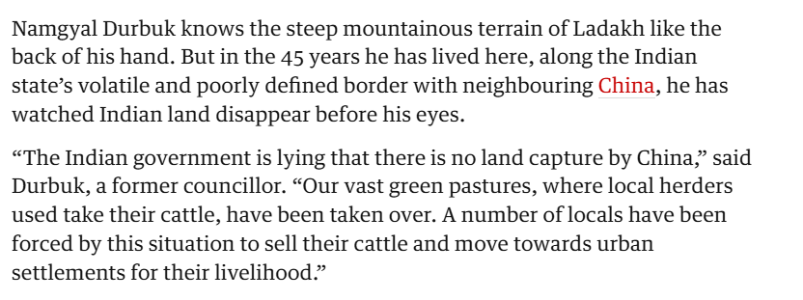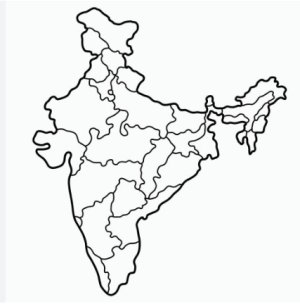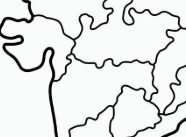- Joined
- Apr 13, 2025
- Runs
- 5,522
Defence Minister Rajnath Singh on Sunday said that although Sindh is not part of India today, the region remains deeply connected to India’s civilisational heritage. Speaking at an event, Singh said that Sindh, which was part of undivided India before 1947 and went to Pakistan after that, may return to India again.
His comments come at a time when relations between the two countries are tense following Operation Sindoor in May.
Addressing the Sindhi Samaj Sammelan event in New Delhi on Sunday, Singh said that "civilisationally, Sindh will always be a part of India," adding that geopolitical boundaries are not permanent.
Today, the land of Sindh may not be a part of India, but civilisationally, Sindh will always be a part of India. And as far as land is concerned, borders can change. Who knows, tomorrow Sindh may return to India again," he remarked while speaking at the programme.
The Sindh state of present-day Pakistan is the native place of members of the Sindhi community, who constitute a large portion of India's population. Sindh is also the place of origin for the Indus Valley Civilisation.
The Defence Minister invoked veteran BJP leader Lal Krishna Advani while discussing the emotional and cultural connection that Sindhi Hindus share with the region even decades after Partition.
I'd also like to mention the Lal Krishna Advani here. He wrote in one of his books that Sindhi Hindus, especially those of his generation, still haven't accepted the separation of Sindh from India. Not just in Sindh, but throughout India, Hindus considered the Indus River sacred. Many Muslims in Sindh also believed that the water of the Indus was no less sacred than the Aab-e-Zamzam of Mecca. This is Advani's quote," he added.
Reiterating the cultural bond, Singh said that the people of Sindh—regardless of where they live today—will “always be our own.”
The remarks have drawn attention due to their timing and the broader geopolitical context, setting the stage for strong diplomatic responses from Pakistan in the coming days.
His comments come at a time when relations between the two countries are tense following Operation Sindoor in May.
Addressing the Sindhi Samaj Sammelan event in New Delhi on Sunday, Singh said that "civilisationally, Sindh will always be a part of India," adding that geopolitical boundaries are not permanent.
Today, the land of Sindh may not be a part of India, but civilisationally, Sindh will always be a part of India. And as far as land is concerned, borders can change. Who knows, tomorrow Sindh may return to India again," he remarked while speaking at the programme.
The Sindh state of present-day Pakistan is the native place of members of the Sindhi community, who constitute a large portion of India's population. Sindh is also the place of origin for the Indus Valley Civilisation.
The Defence Minister invoked veteran BJP leader Lal Krishna Advani while discussing the emotional and cultural connection that Sindhi Hindus share with the region even decades after Partition.
I'd also like to mention the Lal Krishna Advani here. He wrote in one of his books that Sindhi Hindus, especially those of his generation, still haven't accepted the separation of Sindh from India. Not just in Sindh, but throughout India, Hindus considered the Indus River sacred. Many Muslims in Sindh also believed that the water of the Indus was no less sacred than the Aab-e-Zamzam of Mecca. This is Advani's quote," he added.
Reiterating the cultural bond, Singh said that the people of Sindh—regardless of where they live today—will “always be our own.”
The remarks have drawn attention due to their timing and the broader geopolitical context, setting the stage for strong diplomatic responses from Pakistan in the coming days.














